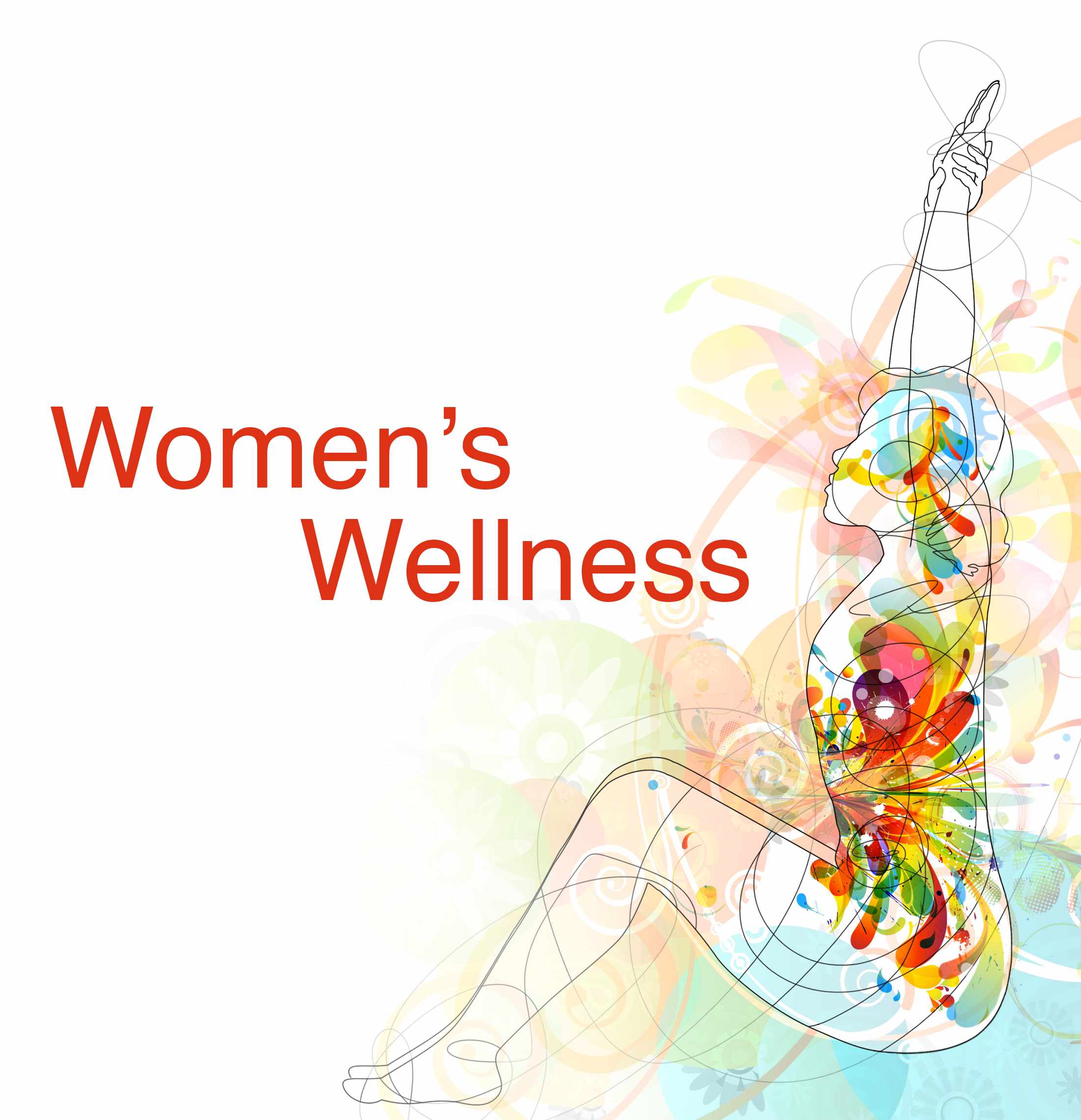
You're 54, and you're having hot flashes. Does a link between hot flashes and vascular health mean you'll have heart disease later in life?
Research recently published in Menopause, studied women ages 40 to 60. This research raised the question of whether hot flashes could indicate heart disease in the future.
Dr. Rekha Mankad, director of the Mayo Clinic Women's Heart Clinic, says the study identifies one marker among many. She emphasizes the research didn't look at heart disease directly but focused on vascular health. But there seems to be an association between hot flashes and abnormal artery function.
"What's important to recognize, first of all, is that heart disease is the No. 1 killer for both men and women," says Dr. Mankad. "And that when women have these symptoms going into menopause, it’s something they should at least talk to their doctor about. It might indicate that they're more at risk for heart disease down the road."
Dr. Mankad explains that the researchers were looking at a surrogate marker called endothelial function, which focuses on the endothelium, a layer of cells that line the inside of the blood vessels. These researchers focused on flow-mediated dilation, a process that helps arteries relax.
"I don’t think somebody should be fearful that, 'I’m having a hot flash; that means I’m going to have a heart attack.' I think it tells us that a woman’s arteries may be responding differently as she’s going through menopause .... that the arteries aren’t working quite normally. That’s more common in women who are menopausal anyway." — Dr. Rekha Mankad
"What they said was that women who have hot flashes, particularly early in menopause and actually before they fully become menopausal, they tended to have more abnormal flow-mediated dilatation," says Dr. Mankad. "That means that the surrogate marker has been linked to more cardiovascular events long term."
She reiterates that this is just one more thing to consider when assessing your heart health. Hot flashes alone do not mean you’re going to have a heart attack. Dr. Mankad says, "I don’t think somebody should be fearful that 'I’m having a hot flash; that means I’m going to have a heart attack.'" She continues, "I think it tells us that a woman’s arteries may be responding differently as she’s going through menopause, and that’s what this flow-mediated dilatation is an assessment of. It's really telling us that the arteries aren’t working quite normally. That’s more common in women who are menopausal anyway."
Watch: Dr. Mankad discusses the possible link between hot flashes and risk of heart disease.
Journalists: Broadcast-quality sound bites with Dr. Mankad are in the downloads.
Dr. Mankad says there are a number of things to consider when discussing women's heart health during menopause. She says women who have hot flashes tend to be more overweight and there's been a link to higher blood pressure. A woman's age is also a factor.
"I think the issue is that, as a woman gets older, other standard cardiovascular risks become more prevalent so that the hot flashes as an independent factor aren't as strong," says Dr. Mankad. "So when you’re younger, you don’t have those other risk factors as prevalent, such as abnormal cholesterol or high blood pressure, and those hot flashes may be an early marker that something’s going to happen later in life when you’re fully menopausal."
As for why women even have hot flashes? "Nobody fully knows what’s happening," says Dr. Mankad. "It doesn’t seem to be directly related to estrogen levels, which the study also mentioned." Dr. Mankad says no study has looked at treating hot flashes with a hormone therapy or some other medication. She says more research would be needed to see if that would change the way the arteries look or act.
Meanwhile, Dr. Mankad reminds women that regular aerobic exercise makes sleep better and improves energy level. And that maintaining an ideal body weight goes hand in hand with improving heart health.








